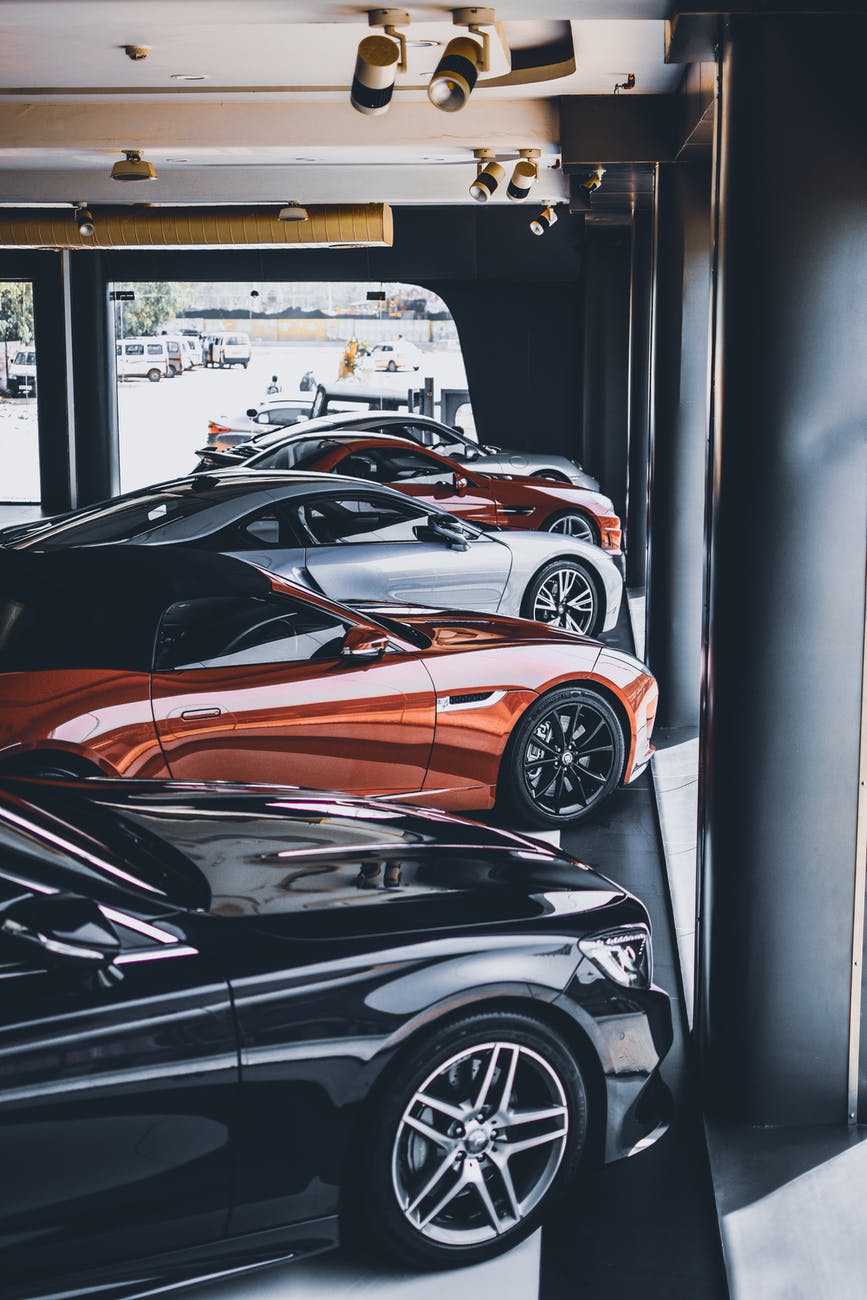Getting a car is a pretty big deal for most folks. Especially if it’s the first time you are doing it. I bought my first car, a used Toyota Corolla, while serving in the military overseas. The back seat of the car was covered in dog hair. The guy who sold me the car allowed me to “finance” part of the cost because of my low income. And he was his desperate to sell the car before moving back to the states. At that time, a lease was not something I had ever heard of.
I did not have many decisions to make before buying my first car. But that was because I really did not have many options. I wanted a car and didn’t have a lot of money to get one. Then I found out someone on the base was willing to sell his older car, so I worked out a deal. I paid half immediately and the rest over a six-month period.
Decisions, Decisions, Decisions
Deciding to purchase a car means you’ll need to make a lot of decisions. For example, should you get a new car or a used one? Should you pay cash for the car or finance it with the car dealer? Or should you apply for a bank loan? What type of body shape do you want? Which car is the best economical value for your money and lifestyle?
All of these questions are important, but one of the most important may be whether you should buy or lease your vehicle. Both options will impact your finances, but in different ways. And leasing a vehicle is still not as common as buying one.
What’s In a Lease?
When you lease a vehicle, you pay for the right to drive the vehicle for a fixed period of time. The lease period is typically three or four years and is financed through the dealer. Understanding the terms of the lease is extremely important to having a successful outcome at the end of the lease period. Make sure that you understand everything contained in the lease agreement, including the used. You should fully understand the manufacturer’s suggested retail price (MSRP), the Capitalized Cost (Sale Price), the money factor and the residual value. You can find information on all these terms here.
Although there is no downpayment associated with a lease, the amount you pay upfront is generally used to cover taxes and fees. Afterwards, you will make monthly payments over the term (or years) of the lease that covers the costs of depreciation of the vehicle. For example, a three year lease at $275/month is $12,900.

Although there is no downpayment associated with a lease, the amount you pay upfront is generally used to cover taxes and fees. Afterwards, you will make monthly payments over the term (or years) of the lease that covers the costs of depreciation of the vehicle. For example, a three year lease at $275/month is $12,900.
“I Can’t Do What?”
Leasing a vehicle comes with certain restrictions. For example, the number of miles you can drive the car during the years of your lease usually ranges from 10,000 to 15,000 each year. If you drive more miles than allowed, you will need to pay a premium for each additional mile you exceed the limit. An extra 500 miles beyond your allowance could cost you $150 ($.30/mile). So if you plan to put a lot of miles on your vehicle each year, you might want to consider an option other than leasing.
When you return the car, you want to make sure the vehicle is in excellent condition. Be prepared to pay extra fees in addition to what you have already paid or might still owe if the car is damaged in any way. You’ll also need to consider the insurance implications of leasing a car. Your insurance will need to include comprehensive, collision and gap auto insurance to avoid being on the hook for the value of the car in the event of an accident.
The Leasing Lifestyle
Deciding whether to lease a car or buy one really depends on your lifestyle. Some people prefer not to own a car because they like the option to get another car every few years. Other people prefer to purchase a vehicle they can own for many years and then sell when they want a new one.
You have to decide which option works best for you and your financial circumstances. Do your research and then make a decision that will benefit you in the long run. To lease or not to lease…that is the question.


